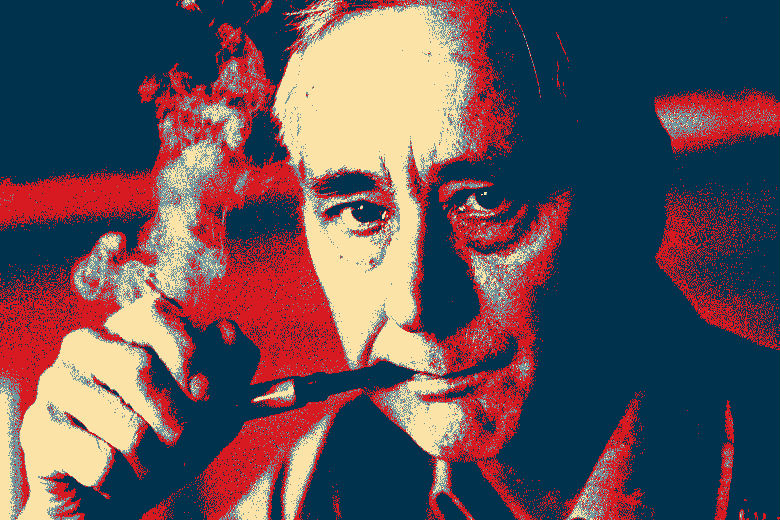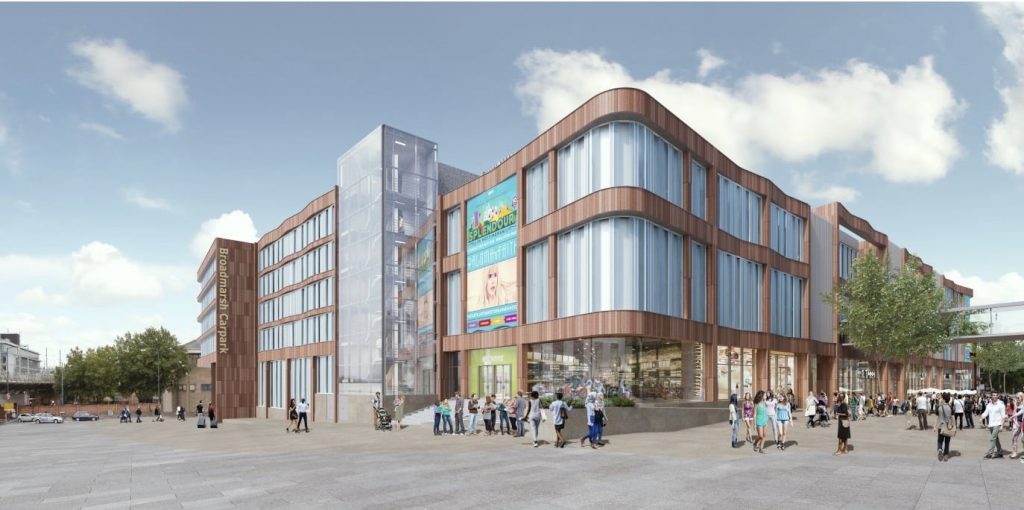
Alan Sillitoe, author of that novel
The following four films discuss Saturday Night and Sunday Morning, Alan Sillitoe’s 1958 novel about a Raleigh worker from Radford. Saturday Night and Sunday Morning is deeply embedded in Nottingham history and culture and stands as testament to a working class world now long gone. The film adaptation was broadcast in 1960, directed by Karel Reisz and stared Albert Finney. BFI have acknowledged it as the 14th greatest British film of all time, despite Finney’s Manc accent…
When I was asked to do a bit of filming about Sillitoe I thought it was going to be a quick Vox Pop to be collated with other commentary to be used in workshops. But it turned out to be a 10 minute documentary. I mention this because these things live on for ever and I should have been a bit better prepared, particularly given the emotional and eloquent testimonies from Henry and David. The interview was done on my lunch break in between teaching, so it was always going to be a bit raw. This is just what happens when you’re juggling lots of things at once. TV and radio both require chunks of well focused observations. You need to pick out a relevant quote or a point and then unpack it a bit. But any sane human can’t bear to hear or see themselves in such things, so if you’re currently doing similar, don’t be too hard on yourself. Just don’t watch it…
The following information is taken directly from the City Arts website:
David Sillitoe on his father
This film features interviews with Alan’s son, David, who talks about his father’s work, upbringing and inspirations. He explains his father’s distaste for being described as an ”angry young man” and discusses what it was like for him to grow up as the son of a famous writer.
Me on Alan Sillitoe
Writer, academic and former LeftLion literature editor James Walker discusses the cultural context of Saturday Night and Sunday Morning. James speaks about life in 1950s and 60s Nottingham and explains the themes that the novel touches on – the relationships, social life and working life of our city’s communities.
Henry Normal on Alan Sillitoe
Henry Normal is a writer, poet, TV and film producer, and patron of City Arts. He tells us how Sillitoe’s work influenced his own writing on acclaimed TV programmes including The Mrs Merton Show and The Royle Family. Henry also speaks passionately about how Nottingham, his home town, inspires his work, the same way it did Alan’s.
Raleigh workers on working at Raleigh
This film features appearances from former Raleigh workers, some of whom knew Sillitoe personally. They speak about what it was like to work at the factory around the same time the novel was set, explain how important the business was to the local community and compare Nottingham back then to Nottingham today.
These films were directed and produced by Tim Chesney on behalf of City Arts. We have been using them as inspiration in writing workshops for Nottingham residents aged 55+, part of our Words of Wisdom project. The films acted as a launch pad for people to tell their own stories, both real and imagined, drawing on their personal lives and exploring similar themes to the novel.
City Arts is working with Nottingham UNESCO City of Literature, Nottingham City Libraries and Nottingham City Homes on Words of Wisdom. The project is funded by Arts Council England and the Baring Foundation’s ‘Celebrating Age’ fund. You can see some of the poems produced for the project here.
Photo credit: Mark Gerson
Used with permission

